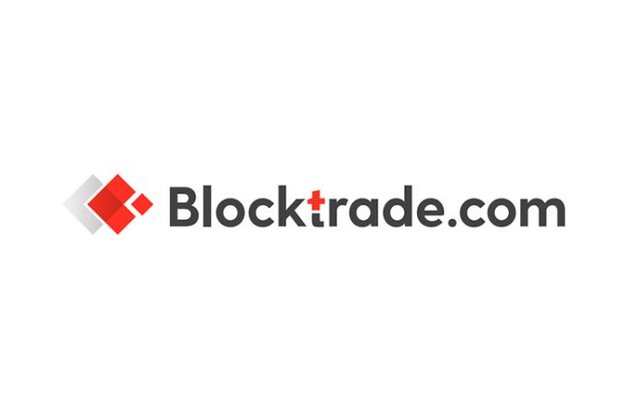Block Trade

What is a 'Block Trade'
A block trade, also known as a block order, is an order or trade submitted for the sale or purchase of a large number of securities. A block trade involves a significantly large number of equities or bonds being traded at an arranged price between two parties, sometimes outside of the open markets, to lessen the impact on the security price. In general, 10,000 shares of stock, not including penny stocks, or $200,000 worth of bonds are considered a block trade.
Loading the player...
What is a 'Block Trade'
A block trade, also known as a block order, is an order or trade submitted for the sale or purchase of a large number of securities. A block trade involves a significantly large number of equities or bonds being traded at an arranged price between two parties, sometimes outside of the open markets, to lessen the impact on the security price. In general, 10,000 shares of stock, not including penny stocks, or $200,000 worth of bonds are considered a block trade.
Next Up
Orphan Block (Cryptocurrency)
Block (Bitcoin Block)
Block House
Exchange Distribution
BREAKING DOWN 'Block Trade'
Due to the size of block trades, both on the debt and equities markets, individual investors rarely, if ever, make block trades. In practice, these trades typically occur when significant hedge funds and institutional investors buy and sell large sums of bonds and shares in block trades via investment banks and other intermediaries.
If a block trade is conducted on the open market, traders must be careful with the trade, because it can cause large fluctuations in volume, and can impact the market value of the shares or bonds being purchased. Therefore, block trades are usually conducted through an intermediary, rather than the hedge fund or investment bank purchasing the securities normally, as they would for smaller amounts.
The Way in Which Block Trades are Made
Block trades are usually conducted through an intermediary known as a block house . These firms specialize in large trades and know how to initiate such trades carefully, so as to not trigger a volatile rise or fall in the price of the security. Block houses keep traders on staff who are well versed in managing trades of this size. Staffers provide a block house with special relationships with other traders and other firms that allow the company to trade these large amounts more easily.
So, when a large institution decides to initiate a block trade, it will reach out to the staff of a block house, trusting they will collectively help get the best deal. Once an order is placed, brokers at a block house contact other brokers who specialize in the specific type of security being traded, and the expert securities traders fill the large order through several sellers.
If, for example, JP Morgan wants to initiate a block trade of 10,000 shares at $10 a share, it will contact a block house for help. The staffers at the block house break up the large trade into manageable chunks, in this case, five smaller blocks of 2,000 shares, at $10 a share. Each one of the blocks will be initiated with a separate broker, thus keeping market volatility low.
Block Trades Can be a Gamble
Block trades can be more difficult than others because they expose the broker-dealer to more risk. Because the broker-dealer is committing to one price for a large amount of securities, it opens him up to more risk if there is any adverse activity in the market should the position not be sold. This means that block trades can tie up any of his capital. But it also means that it can be a predictor of future market movements since a money manager (especially someone who is well informed) may want to sell or buy particular shares in such a large volume.





